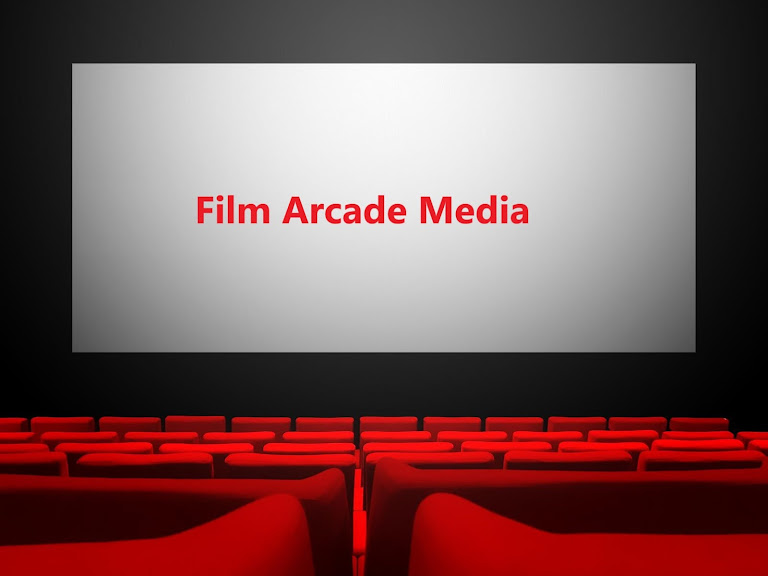The Carter
USA, 2009, 80min., color
Genre: Documentary
Director/Cinematographer/Screenwriter: Adam Bhala Lough
Executive Producer: Quincy Jones III
Producers: Adam Bhala Lough, Josh Krause
Editor: Andy Grieve
Composer: Dwayne “Lil Wayne” Carter
"Music is your own experience, your thoughts, your wisdom. If you don't live it, it won't come out of your horn." -- Charlie "Bird" Parker, Great Jazz Saxman
EVERY generation creates its own music. Years ago, the acclaimed Black writer, Richard Wright wrote, in his 12 Million Black Voices (Viking, 1941): "Our blues, jazz, swing and boogie-woogie are our 'spirituals' of the city pavement, our longing for freedom and opportunity, an expression of our bewilderment and despair in a world whose meaning eludes us... " (128) When rap music arrived on the scene, it came like a crazy uncle; loud, unkempt, and uninvited, yet still family. It came like a bastard son; brash, loud and blazing with color, daring to be ignored. It ripped out into the world, gnawing and snarling and howling its way into consciousness. For many of middle-aged character, it could not be more unwelcome. For when it crashed the corporate party in the 1980s, it tore into the sweet, comfortable, purple haze raised by the era we now like to forget: disco. Disco was the electrification, computerization, prettify-cation, and de-escalation of a quickening social consciousness that was trending in urban music. It was the commoditization of R & B and funk, by sweetening its bark and bite. When reggae was jumping real strong, the "B" sides of many hits featured orchestration without lyrics. Savvy Jamaican DJs began creating their own lines to flow with the rhythmic backbeats and drumming, and toasting was born. Reggae, ska, mento and calypso have always had a powerful tradition of biting (yet humorous!) critiques of the haves vs. the have-nots. That spirit of socio-political criticism was heard by African-Americans who shared their neighborhoods in Queens, Flatbush, Bed-Sty, South West Philly, Roxbury, with West Indians. That spirit passed over, and for many youngsters, it was more attractive than the champale-sweet of disco. It was more real. As their elders and their ancestors before them, this generation produced and created a music form to fit their lived reality. If it was raw, that's because life was naked and raw. If it was angry, that's because anger is a natural reply to repression. Only when big corporate music interests became involved did it begin to mellow, for, marketing forces seek to erase that which is controversial, to insure a wider audience (meaning consumer base)--Excerpted from RAP'S ROOTS By Mumia Abu-Jamal
Director Adam Bhala Lough delivers a shockingly intimate portrait of one the most inspired musicians of our time. Dwayne Michael Carter Jr. aka Lil Wayne, an internationally known rapper, , his most recent album went platinum in one week. The Carter is an intoxicating, cinematic journey into the thoughts and world of an extremely complicated man whose creative force is something to behold. He never stops recording. He has a portable studio that he carries around in a black bag, and it allows him to lay down a track anytime and anywhere. It is his pressure valve and makes him a refreshing anomaly in a sea of manufactured prefab “singers.” His work is his own: unfiltered, uncensored, raw and powerful.
Whether you like rap music or not, it is a part of the fabric of our lives. If you want to understand it, really understand it, see The Carter. Mesmerizing and disturbing. Five stars.
Sundance 2009: "The Carter" Review - Written by Mathius Mack Gertz
12:41 PM | Reviews, Sundance 2009 with 0 comments »
Subscribe to:
Post Comments (Atom)

0 comments
Post a Comment